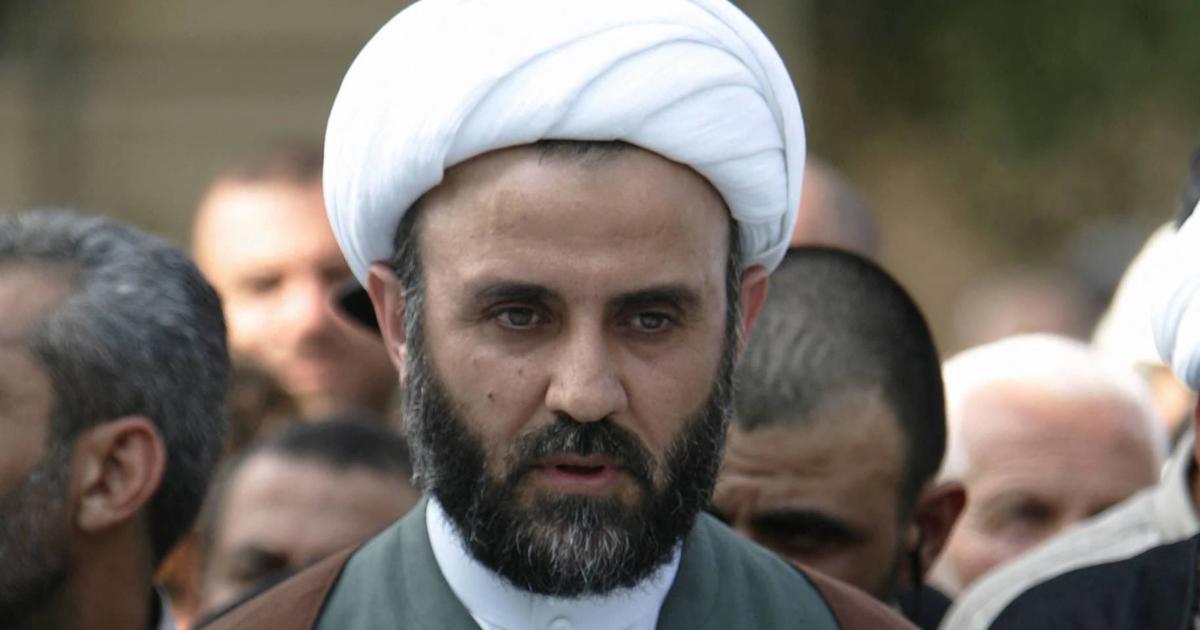The recent escalation of the Israeli-Palestinian conflict has reached a dangerous point, with Israel striking deep into Lebanon and Hezbollah retaliating with rocket fire. The Israeli military has claimed responsibility for the killing of several high-ranking Hezbollah leaders, including the deputy head of Hezbollah’s Central County, Nabil Kaouk, and the longtime leader, Hassan Nasrallah. These attacks, combined with airstrikes on targets in Yemen, have brought the region closer to a wider conflict.
The Deaths of Hezbollah Leaders
The deaths of several high-ranking Hezbollah leaders in a short period have caused shockwaves throughout the Middle East. Hezbollah has confirmed the deaths of seven of its top commanders, including founding members who had evaded death or detention for decades. These casualties represent a significant blow to the organization’s leadership structure and its ability to operate effectively.
Impact on Hezbollah
The loss of key leaders has the potential to disrupt Hezbollah’s decision-making processes and its military operations. The group is now facing a leadership void, which may lead to internal power struggles and a weakening of its control.
Israeli Motives
The Israeli military has claimed that its airstrikes are aimed at weakening Hezbollah and preventing the organization from attacking Israel. These actions are intended to deter Hezbollah from escalating the conflict and to create a favorable environment for Israel to negotiate a ceasefire.
Expanding Conflict in Yemen
In response to the Houthi attacks on Israel, the Israeli military carried out strikes against targets in Yemen, targeting power plants and seaport facilities in the city of Hodeida. The Houthis, who are backed by Iran, have launched ballistic missiles at Israel’s Ben Gurion airport, escalating the conflict and expanding the geographical scope of the fighting.
The Wider Context
The conflict between Israel and the Houthi rebels in Yemen is a significant escalation in the ongoing regional conflict. The involvement of Iranian-backed forces in both Lebanon and Yemen has heightened tensions and created a complex geopolitical dynamic.
US Response
The US has expressed its desire to avoid an all-out war in the Middle East. President Biden has spoken with Israeli Prime Minister Benjamin Netanyahu to urge a ceasefire and prevent the conflict from spreading. However, the US response to the situation has been cautious, with Biden remaining reluctant to directly intervene or take a strong stance against Israel.
The Stakes of a Wider War
A wider war in the Middle East could have devastating consequences for the entire region. The involvement of powerful regional actors like Iran and the US, combined with the proliferation of weapons, could result in significant civilian casualties and humanitarian crisis.
The Potential for Regional Instability
The potential for a broader regional war, fueled by tensions between Iran and the West, creates a significant risk of destabilization throughout the Middle East. The conflict could also exacerbate existing political divisions within countries, further eroding their internal stability.
Takeaway Points
- The death of several high-ranking Hezbollah leaders represents a significant blow to the organization and could impact its operational capabilities.
- The Israeli strikes on Houthi targets in Yemen expand the geographic scope of the conflict and highlight the complex regional geopolitical landscape.
- The US is urging a ceasefire and seeks to prevent a wider regional war, but its response has been cautious.
- The potential for a larger conflict raises serious concerns about the stability and future of the Middle East.
This volatile situation necessitates careful diplomacy and international collaboration to prevent further escalation and pave the way for a peaceful resolution.




